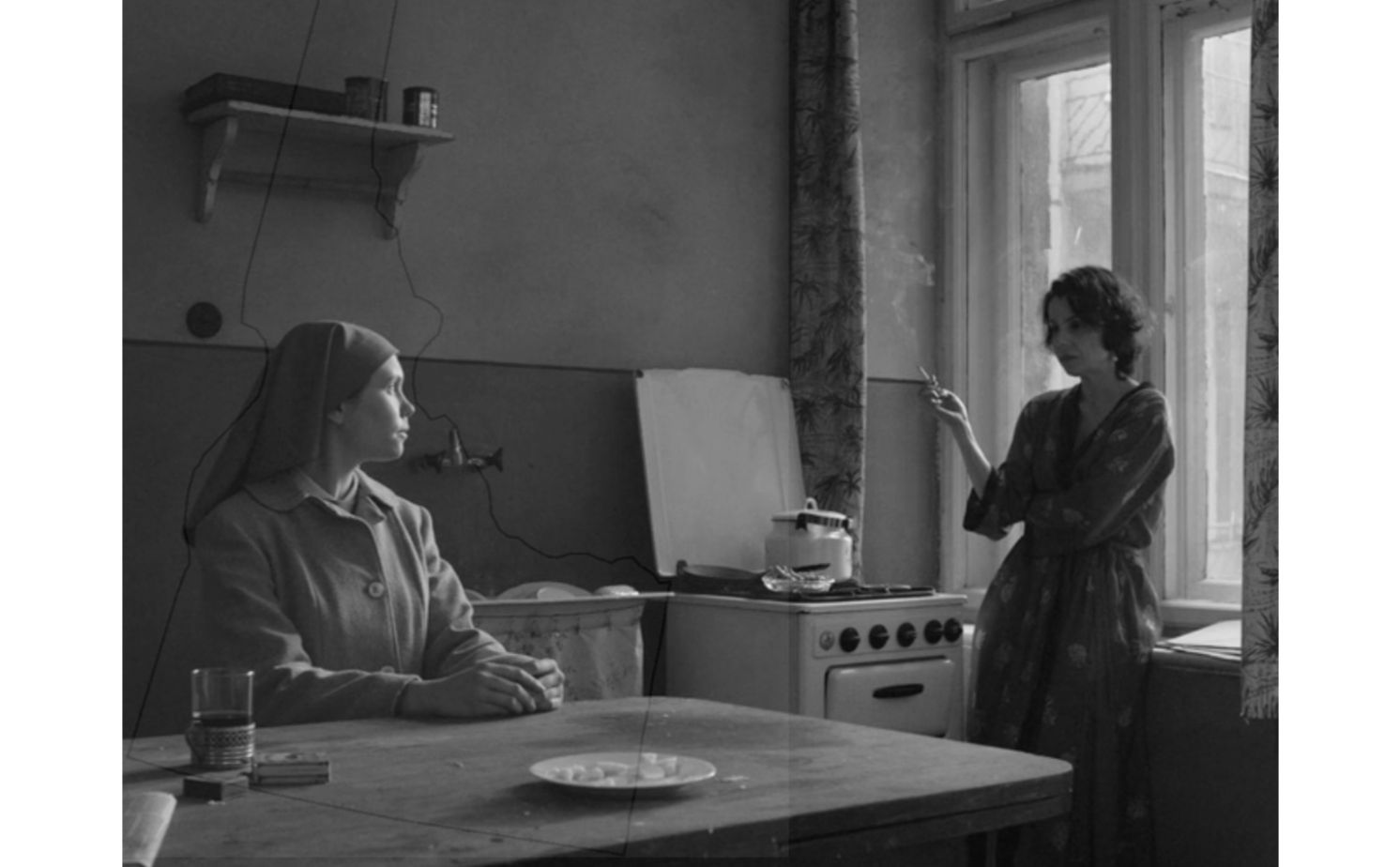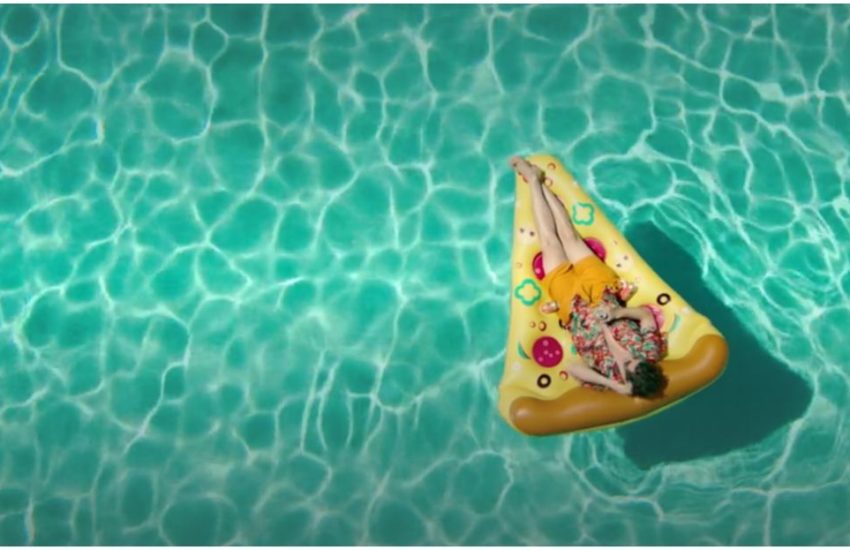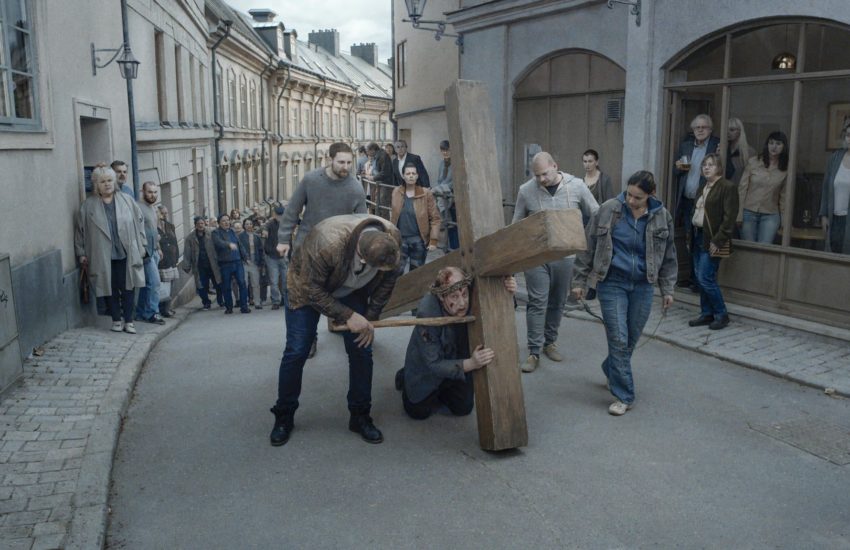Ida Film Review – A Lush Polish Story About A Pair Of Women And A Crude Joke Referencing The State Of Idaho
Movie Review
A beautiful black and white journey between two women that I couldn’t help but love despite the cruel and somewhat sexist joke at the core of the film.
It may not be readily apparent to anyone that didn’t grow up in the western united states and specifically “The Gem State”, but whenever I would travel outside the state when I was younger and told people I was from Idaho, they would respond by saying “No I da ho”.
I think it was because of these interactions that I was able to understand from the get-go what Paweł Pawlikowski was getting at with this film. He has said himself that there is no underlying or greater symbolism behind the story, it is about the characters and only about the characters. So, I was able to immediately see that Pawlikowski was taking the “joke” about Idaho and splitting it into two characters.
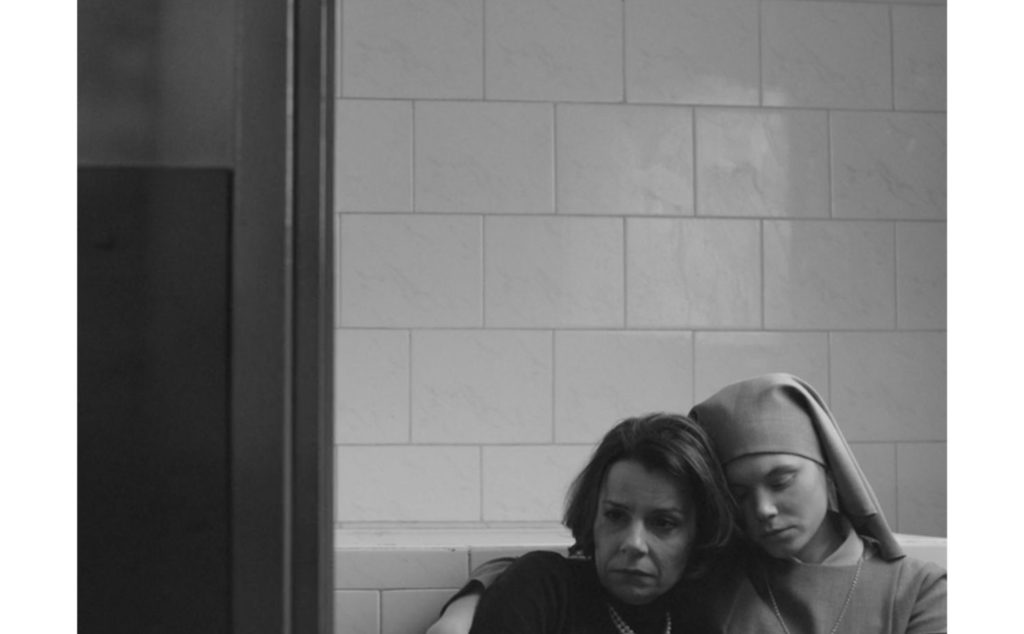
There is Ida, or “I da” if you will, a beginning of a statement without an end. I da… it could be anything. I da nun, I da musician, I da traveler. Ida, because of her silence and unemotional outward appearance is somewhat of a blank canvas that people can see what they want. Several characters see her as she dresses, a Christian nun, asking her for blessings. Her aunt (I’ll get to her in a sec) see’s her as a jew with a shared traumatic history. The farmer sees her as a threat and also a possible absolution for his sins. The musician sees her as something more sexual and as a possible future bride.
Ida has been brought up in thinking she has only one future, and it seems like she only thinks of that future, but as her aunt tries to tell her throughout there are more opportunities and experiences out in the world. Although as we see later in the movie, as Ida steals a glance at a fellow bathing nun, there may be some futures that still don’t exist for her in 1960s Poland.
And that brings us to the other half, Wanda, Ida’s aunt, and only living relative. Paweł Pawlikowski never directly says that she is the other half of Ida, to finish the word Idaho, in-fact I’ve never seen him mention Idaho at all, but I know that my interpretation must be correct since I was brought up with it. So, if Ida represents “I Da” then that means Wanda must represent “Ho”.
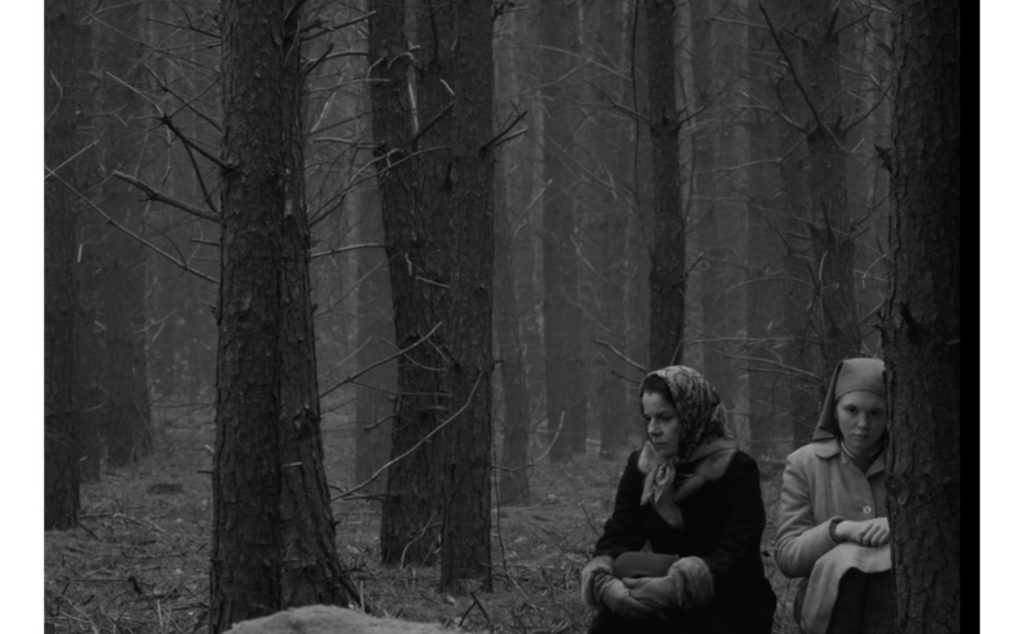
Wanda’s family and future was stolen by the Germans during the war. She became known as “Red Wanda” for her prosecutions post-war, sending many to their deaths. This rich history and personality of her is one reason why I think it undercuts the film a bit to pigeonhole her as simply “Ho”. Ho of course wasn’t a commonly used term back in the 1960s, instead coming to prominence in the 90s representing an African-American vernacular pronunciation of “Whore”. So in addition to being a bit sexist, the term is also an anachronism of the time that takes the viewer out of the story.
Wanda is shown being sexually promiscuous several times throughout the film as she takes down cigarettes and alcohol in equal measure. Despite this, I don’t think that her character should merely be thought of as a ho. Wanda is dealing with the pain of losing a child and a sister. Then, when Ida chooses to go back to the nunnery after their road trip, it is like she loses a sister for a second time making that pain unbearable.
After she jumps to her death, Ida comes back for her funeral and tries, literally, walking around in Wanda’s shoes. She drinks, she smokes, she lets her hair down, she sleeps with the band boy. As Pawlikowski must derogatorily think of it, Ida becomes Ho, Idaho. After trying her aunt’s life on for a day or two Ida again dons her nun outfit and walks out into her future.
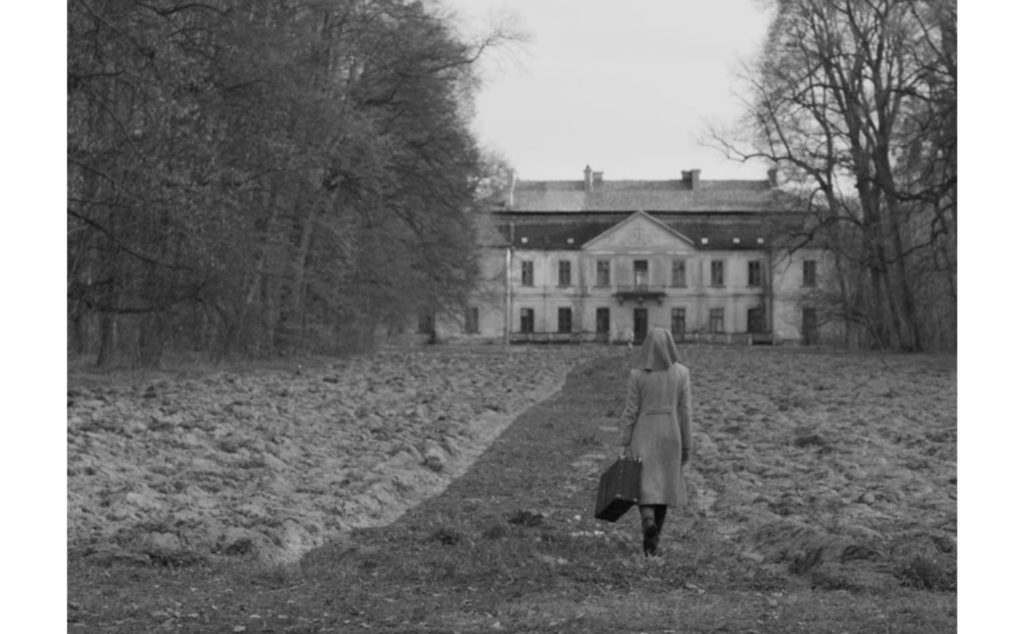
Ida is beautifully filmed and composed and I can’t believe it is only 82 minutes long. If it weren’t for the “I Da Ho” stuff that is, again, not ever actually mentioned directly, but must be true, this would be a classic film. But even with that, like Idaho, the state where I was born, I think this film truly is a gem.
